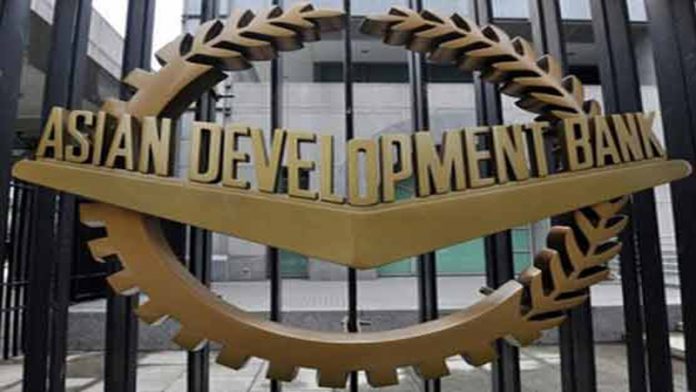The Asian Development Bank (ADB) Tuesday approved a $300 million loan to further develop Pakistan’s capital markets, promote private investment in the country, and help to mobilize domestic resources to finance sustainable growth.
The second subprogram of ADB’s third capital market development program builds on institutional and regulatory reforms put in place under the first subprogram approved in 2020.
It aims to catalyze institutional investor demand and increase the range of alternative financial instruments such as derivatives and commodity futures that are available to investors, says a press release issued by the ADB.
“For several years ADB has been Pakistan’s lead development partner in supporting the evolution of its capital markets,” said ADB Director General for Central and West Asia Yevgeniy Zhukov. “By making the country’s capital markets more robust and strengthening government debt management, this new program will also help to mobilize more domestic resources which support the government’s efforts to finance sustainable growth and respond effectively to crises.”
Pakistan’s finance sector is dominated by banks and this lack of diversification increases the risk of the country not being able to withstand financial shocks and periods of uncertainty. Moreover, the Pakistan Stock Exchange lacks depth in terms of the number of investors which access it and the number of companies raising capital, while Pakistan’s bond market is almost completely dominated by government borrowing.
ADB’s program supports policy actions that will strengthen market stability and attract investor capital to Pakistan. These include structural reforms within the Securities and Exchange Commission of Pakistan that will improve governance and regulatory capacity. It supports measures that will strengthen the government debt market and enhance market surveillance systems that facilitate information exchange.
The program also promotes an enabling environment to expedite access to financing for growth companies and state-owned enterprises.
“These reforms will help to mobilize financial resources for productive investment, especially by the private sector, and help facilitate economic growth by developing the bond and equity capital markets,” said ADB Economist Sana Masood. “This will help reduce the cost of financial intermediation and help stabilize systemic vulnerabilities in the bank-dominated finance system.”





Market stabilization is the most important priority in the current national scenario.